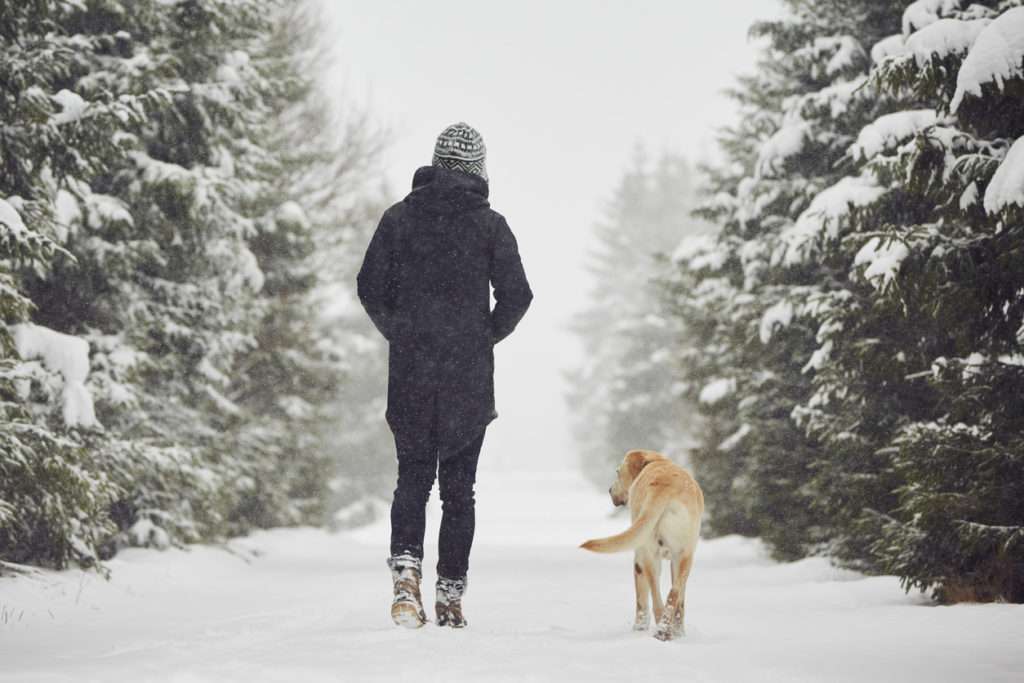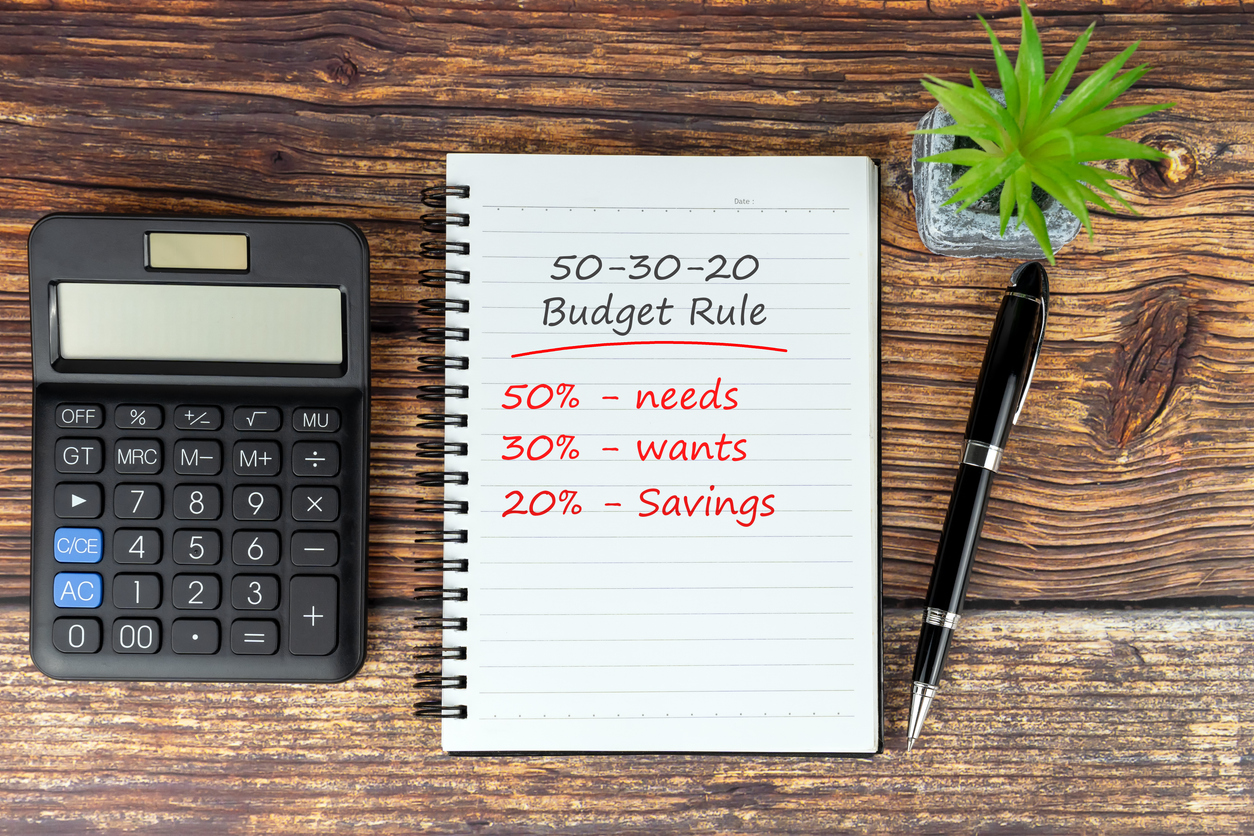Here we talk about the January blues and how to beat it with tips from Solos. We also dive into Blue Monday and ask if it is really the saddest day of the year or an invention.
Beat the January Blues, And Is Blue Monday An Invention?
Wellness | 16th January 2022 by Annabel Fraser

The January blues can hit hard after the highs and drama of the festive season. Each year the excitement, anticipation and build-up to Christmas start early – with Christmas ads on TV and music playing in shops from September, being a good indication that the festive season is well and truly underway.
Culturally, in the northern hemisphere, it makes sense to come together through a winter festival such as Christmas and New Year over a prolonged period of time. When days are shorter, we miss the light of longer days and collectively, we need to get through the cold winter months. There is also the expense of an extended Christmas, which we may not fully consider and appreciate until after the event, even though we all know it is not a sound strategy to do so.
The preparation and indulgence of Christmas and New Year do give us something to look forward to, in the knowledge we can gather and meet family and loved ones and also enjoy some time off. Saying that not everyone has holidays at this time of year – millions of people work throughout designated public holiday dates so for them, the anticipation of Christmas isn’t quite the same.
However, the expectations we place on ourselves and on others around us hit a peak, and as we all know, when something peaks, there is only one direction to go in thereafter. In January, the winter blues can take effect when we experience the slump and slower activity after the challenging and demanding festive season.
Related, yet still different to SAD (Seasonal Affective Disorder), which can last up to five months because of its direct link to the shortening of daylight hours, “Winter blues is a general term, not a medical diagnosis. It’s fairly common, and it’s more mild than serious. It usually clears up on its own in a fairly short amount of time,” says mental health expert, Dr Matthew Rudorfer.
Blue Monday – is it real or an invention?
In 2005, when asked by a travel company to devise a formula, Dr Cliff Arnell used various factors to calculate the saddest or most difficult day of the year, and the best day to book a holiday. Now known as Blue Monday, it falls on the third Monday in January. To his dismay, his equation has been adopted as a clever marketing strategy to sell all sorts of products.
Lousy weather, debt, time passed since Christmas, the time from New Year when our resolutions start slipping, and motivation levels were all factors Arnell considered when arriving at his conclusion. While not scientifically proven, Arnell never expected what would evolve from his calculation more than fifteen years on, and has since apologised, saying he never intended people to feel upset because of it. In 2018, he said in one article:
“When I started thinking about the motives for booking a holiday, reflecting on what thousands had told me during stress management or happiness workshops, there were these factors that pointed to the third Monday in January as being particularly depressing.
“But it is not particularly helpful to put that out there and say ‘there you are’ – it is almost a self-fulfilling prophecy that it is the most depressing day.”
The pandemic and lockdown challenges have arguably since shifted ideas around stress and motivation. Working from home and reduced opportunities to socialise may have increased the risk of feeling blue to other times of the year. Some behavioural scientists suggest Blue Monday doesn’t exist. Rather, they say January is the least productive month of the year because we spend too much gossiping with colleagues and making endless cups of tea at work!
How to beat the January Blues and Blue Monday
The January Blues is real for many though and what Blue Monday may help us to do is to raise awareness and start conversations around mental health, stress and anxiety, although Ardell himself has said there is a difference between feeling sad and the medical condition, depression. This time of year can also be an excellent time to start planning for the year ahead.
Other tips to beat the January blues include:
- understanding that feeling blue at this time of year is normal,
- getting as much daylight as possible,
- keeping fit and staying active,
- avoiding unrealistic New Year’s resolutions,
- eating properly,
- sleeping well and
- learning a new skill.
Picking up on the amount of tea drinking in January, the Samaritans instead campaign for Brew Monday on the same day. Catchy in its appeal, they say “it’s time to stop this myth about Monday being ‘blue’ and instead start a conversation over a brew.” They too do not believe Blue Monday exists, suggesting we should try and dispel the idea of Monday as a difficult day of the week by encouraging us to reach out, and catch up with the people we care about over a cuppa. According to one happiness expert, the answer to beating blue January is to be more social.
Tips to beat the January Blues and Blue Monday from real people
We asked Super Solos in our Facebook Group, Super Solos Living Alone Community for their tips on beating the January blues. Here is what they had to say and it’s nice to hear from real people, especially those of us who are living alone or are single through the winter. Getting outdoors for walks and enjoying nature, exercise, spending time with friends and family and staying active are key themes emerging from their comments.
Karen:
Book a holiday, if your inclination and budget allows, either for that week or use Blue Monday to book something for later in the year. Otherwise, I’d just take this as any other dull old winter Monday, do some work, get out for a walk, maybe grab a takeaway coffee or lunch somewhere green.
Kim:
Continue celebrating the winter through January (I am currently enjoying reading about how early Celts would have gotten through winters and what their religious festivals were like – planning some Iron Age history field trips in the new year, including the soon to be re-built Crannog Centre). As the days lengthen I tend to try to get outdoors as much as I can. Dejunk, do garden maintenance and clear up on days when it’s cold and bright but not awful.
Prepare for a better Spring, make resilient plans (stuff that’s less likely to cancel out), but resolve to do stuff on your own, rather than rely on others being available as many folks seem to ‘shut down’ for winter more than me! It really helps if you are a hardy soul that loves nature. Not everyone loves winter (I am truly a summer soul!) but there are tried and tested ways to appreciate winter and maintain mental health as much as possible.
Sarah:
Walks in the fresh air and admire nature, de-clutter and early spring clean. Make something like an upcycling project or try a new craft. Do things in your own time and don’t rush or have a strict regime.
Laura:
Gardening. It’s a great time to be prepping, pruning and planning.
Louise:
I was about to say the opposite to above, I’m not a gardener, so enjoy the rest of the cooler darker days while nothing grows, and I don’t have to cut the grass, or keep trimming my shrubs. Seriously thinking of getting a gardener this year. Treat to myself. During the winter I enjoy long muddy walks with my dog, and riding my horse, followed by hot chocolate in the local pub. Also time for decluttering and a bit of early spring cleaning.
John:
My top two coping strategies are moderate outdoor exercise. For me, that is a good walk or bike ride. I know many friends who enjoy a run, but not really for me. Secondly is simply staying connected with friends and family. For me, living solo doesn’t mean being on my own all the time. In-person is by far best, but staying connected remotely by phone or video is good too. Another thing that helped me during my 10-day Covid self-isolation was simply getting lost in music.
Grace:
I’m joining a group of women that I’ve never met before for a walk (5 miles) and have booked a trial Cani-Cross session this month (Couch to 5K with my 2 dogs). I’ve also booked to have my nails manicured – it’s taken me a long time to grow them as I’ve always bitten them so I’m looking after them now. My goal is to have a French polish – my little treat to myself.
Patricia:
January can be a depressing month for a lot of people. So you’re not alone take comfort from being in good company. Walks in the park surrounded by lots of greenery can be comforting, it’s so good to see the darling buds of spring pushing their little heads up and every week there’s more what a gift to enjoy. They do it for me try it. They make me smile. Smiling is good. Keep going.
Shirley:
Take the train (or drive into a nearby village or town that you don’t usually. For me, it would be Chester, have a mooch around the shops a bit of lunch etc, and ask a friend to join you. Or cook tea that evening for a friend/s.Take a niece or nephew (or a friend’s child) to the cinema. Your friend may be glad of the break too.
Bertie:
I try to get out for long walks with my three dogs. Being in nature is really good for my MH. I will do some work on the allotment and I choose one project every day, to stay busy. It may just be a trip to the tip, but I make it a joyful journey, looking at the positives.
Priska:
Be happy, live life. Try not to analyse everything. There’s nothing that says everyone has to be happy and full of energy 24/7, 7 days a week.
Share this post:
Hear from Solo Living now and then by signing up to our mailing list


















